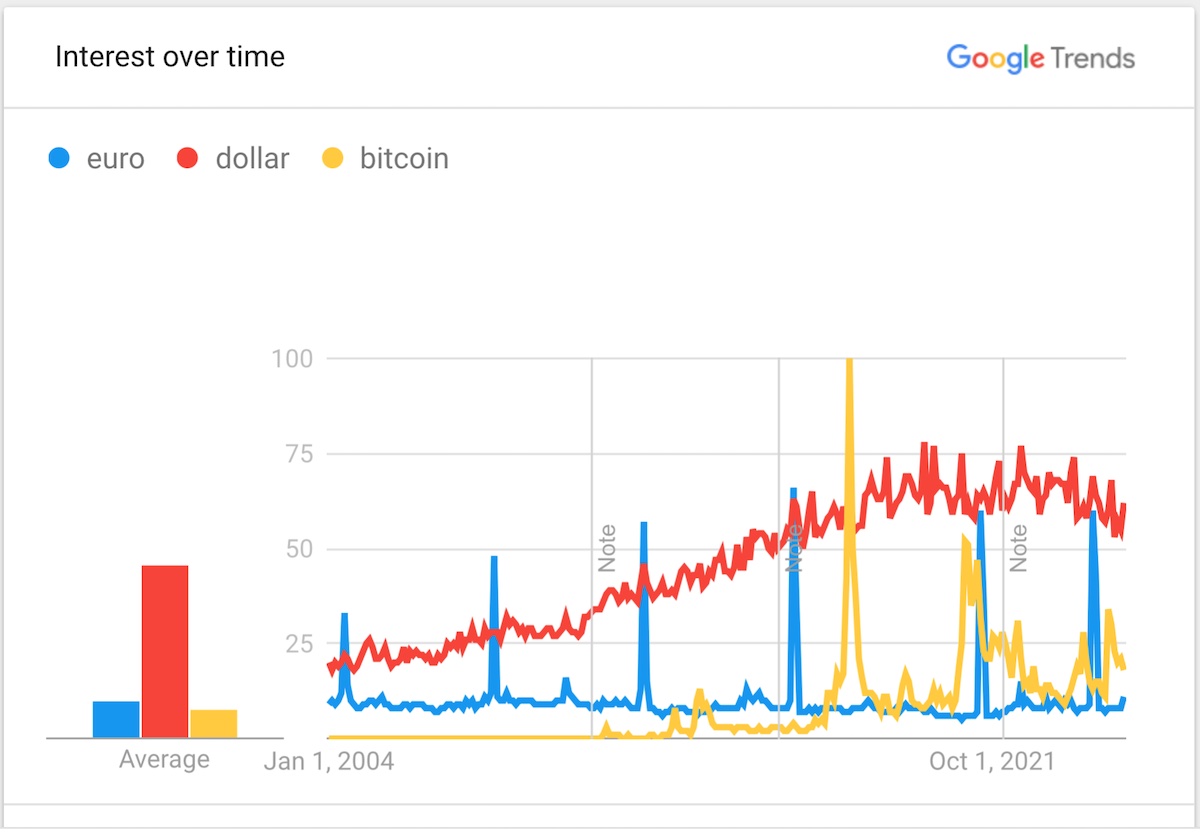When the stock market tumbles, cryptocurrencies often follow suit. This synchronized drop is primarily due to:
- Market Sentiment and Risk Aversion: Investors, facing economic uncertainty, sell off high-risk assets like crypto to safeguard cash.
- Liquidity Crunch: Stock market crashes create a need for liquidity. Cryptocurrencies, being highly liquid, are quickly sold to raise cash.
Crypto Crashes and Stock Market Slumps: A Dance of Dollars and Digital Dreams
Ah, the wild world of cryptocurrencies! One minute, they’re the toast of the town, the next, they’re tumbling down faster than a caffeinated cat on roller skates. If you’ve ever wondered why your precious Bitcoin seems to nosedive just as your stock portfolio does, grab a cup of coffee and settle in. We’re about to dive into the rollercoaster relationship between crypto and the stock market.
The Synchronized Slide
Imagine this: the stock market’s doing a shaky samba, teetering on the edge of a precipice. Investors are biting their nails, headlines scream doom and gloom, and somewhere in the chaos, crypto starts to mimic the market’s jittery moves. Why?
Market Sentiment and Risk Aversion: When traditional markets wobble, fear spreads like wildfire. Investors, gripped by uncertainty, rush to liquidate riskier assets to safeguard their cash. Cryptocurrencies, despite their revolutionary potential, are still seen as high-risk investments. So, they get the chop when investors run for cover, just like stocks.
The Liquidity Crunch: Stock market crashes often signal a broader economic downturn, leading to a cash crunch. Investors need liquidity, fast. Cryptocurrencies, being highly liquid, are an easy target for conversion to cold, hard cash. Hence, they get sold off quickly, driving prices down. While Bitcoin has proven itself king of investments for 15 years, that’s only a blink of an eye compared to more than 130 years of the U.S. dollar, and thousands of years for physical gold’s reign.
The Rebound: Crypto’s Comeback
But don’t count crypto out just yet. When the dust settles and central banks start pumping liquidity back into the economy to stave off recession, guess what happens? Crypto starts its comeback tour.
Governments, in their attempts to stabilize economies, inevitably end up creating too much cash liquidity. This overreaction leads to inflationary pressures, a scenario where crypto shines brightest. Let’s dive into the actual benefits that make crypto a superstar in the financial world.
The Stellar Benefits of Crypto
Government Resistance: If you’re looking for an asset that’s as government-resistant as a secret island hideout, crypto is your best bet next to physical gold. Decentralized and borderless, cryptocurrencies operate outside the traditional financial systems, offering a haven from governmental interference and control. While governments can place rules and regulations on their own fiat currencies around a crypto exchange, they have hard time trying to control decentralized blockchain cryptocurrencies.
Hedge Against Inflation: Remember those times when inflation crept up on us like a sneaky ninja? Gold has traditionally been the go-to asset to hedge against inflation, but crypto is giving it a run for its money. Cryptocurrencies, with their finite supply and deflationary nature (hello, Bitcoin halving), have proven to be an excellent store of value in inflationary environments.
The Internet of Money: Blockchain, the backbone of cryptocurrency, is more than just a buzzword. It’s a revolutionary technology that’s reshaping industries with its transparency, security, and efficiency. Every day, blockchain’s productivity and applications grow, making crypto not just a speculative asset but a crucial part of the digital economy. Did you know that an entire business can be programmed onto a crypto blockchain to sell data products, deliver the products, collect payments, pay the owners, and terminate the business — all automatically, without any third party companies or governments directly involved?
Crypto has significant benefits:
- Government Resistance: Like physical gold, crypto is resistant to government control.
- Hedge Against Inflation: Crypto, with its limited supply, excels in inflationary environments.
- Blockchain Productivity: The technology behind crypto is continuously growing, revolutionizing industries with its transparency and efficiency.
The Future: Dancing to a New Beat
So, what’s the takeaway? When the stock market catches a cold, crypto might sneeze too. But it’s this very volatility that makes crypto both thrilling and rewarding. It’s a young asset class, finding its rhythm in a complex financial dance.
As governments continue their love-hate relationship with economic stability, crypto remains a resilient contender, ready to bounce back stronger, offering a refuge from inflation and governmental overreach. The next time your Bitcoin wallet takes a hit alongside your stock portfolio, remember: it’s all part of the grand dance of dollars and digital dreams.
Proven Advantages
Cryptocurrencies, with their unique advantages, are here to stay. They may waltz to the stock market’s tune in times of turmoil, but their true strength lies in their resilience and potential for growth. While crypto may dip during stock market downturns, its unique strengths ensure it rebounds, offering long-term value and resilience. Can you fathom fifty million percent growth in fifteen years? So, buckle up and enjoy the ride, because in the world of finance, crypto is the most exciting show in town.
What happens when you combine real estate and blockchain tech? Fill out the online form.

Copyright © This free information provided courtesy Entar.com with information provided by Corey Chambers, Broker DRE 01889449. We are not associated with the seller, homeowner’s association or developer. For more information, contact 888-240-2500 or visit WeSellCal.com Licensed in California. All information provided is deemed reliable but is not guaranteed and should be independently verified. Text and photos created or modified by artificial intelligence. Properties subject to prior sale or rental. This is not a solicitation if buyer or seller is already under contract with another broker.











